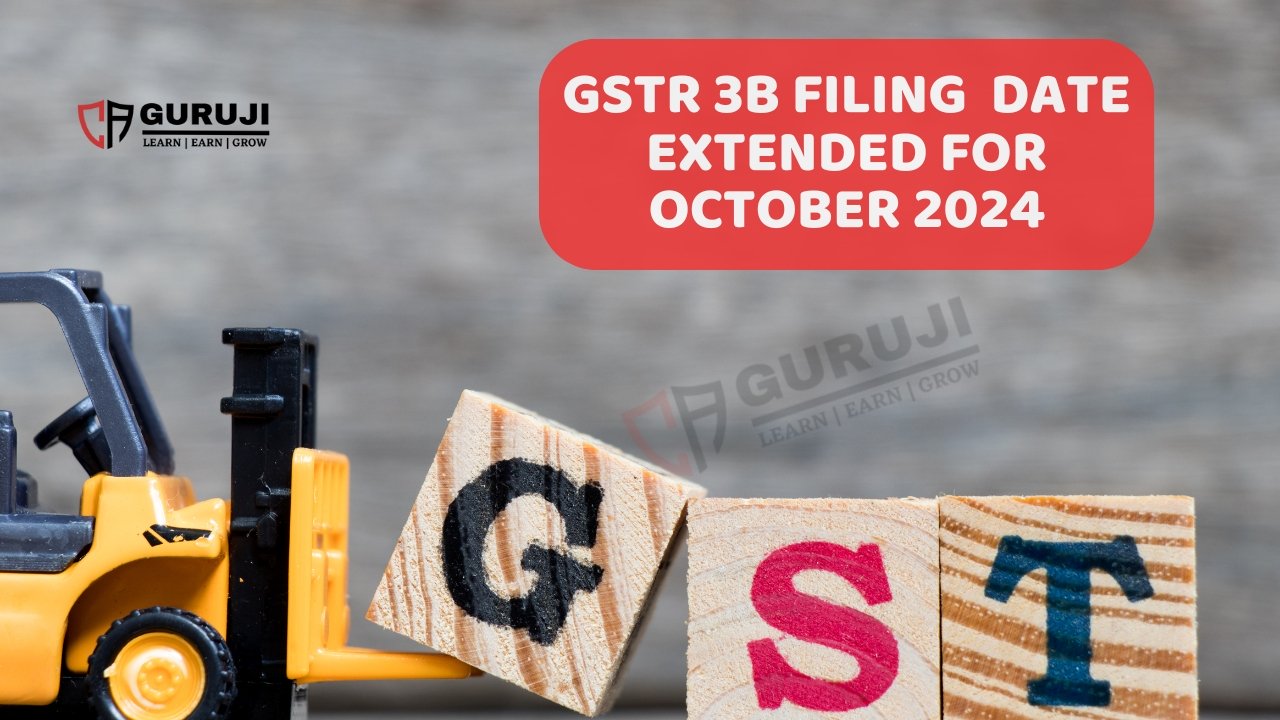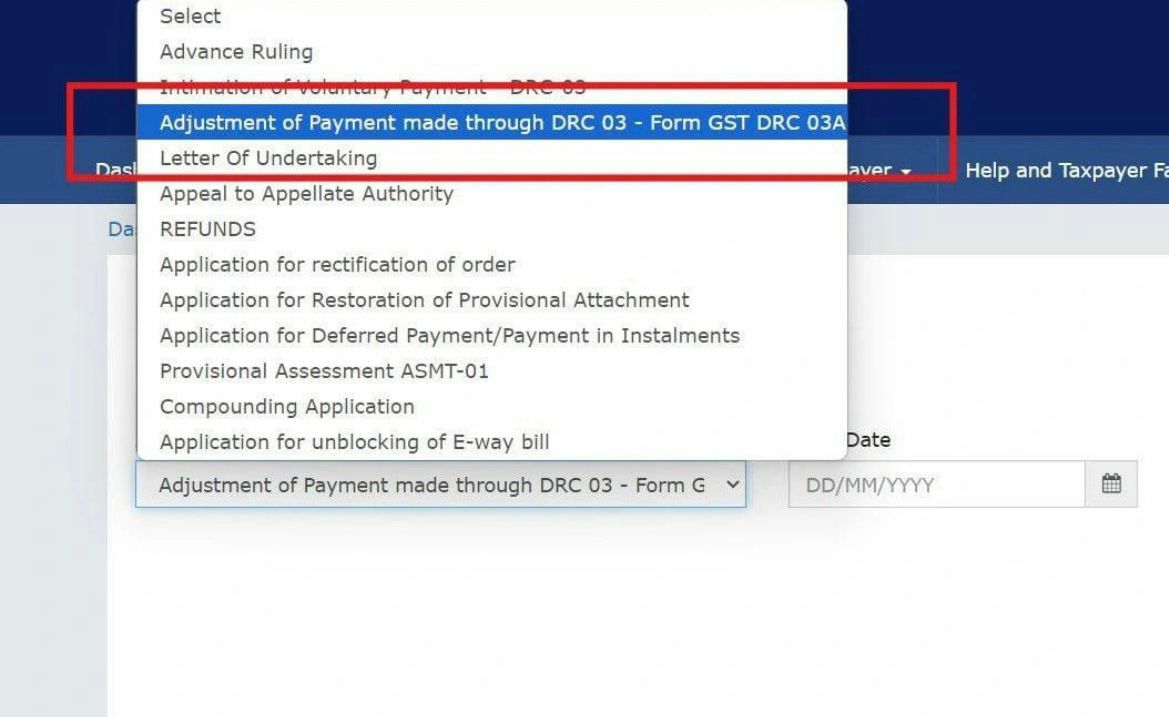Filing your income tax return (ITR) can be a daunting task, but avoiding common mistakes can help ensure a smooth and error-free process. Here’s a detailed guide on what to watch out for:
1. Selecting the Correct ITR Form
Choosing the correct ITR form is crucial. There are several types of ITR forms, each designed for different types of taxpayers and income sources. Using the wrong form can lead to processing delays and even penalties.
- ITR-1 (Sahaj): For individuals with income from salary, one house property, and other sources (excluding lottery winnings and income from racehorses) up to ₹50 lakh.
- ITR-2: For individuals and HUFs not having income from business or profession.
- ITR-3: For individuals and HUFs having income from business or profession.
- ITR-4 (Sugam): For individuals, HUFs, and firms (other than LLP) with total income up to ₹50 lakh and having income from business and profession, which is computed under sections 44AD, 44ADA, or 44AE.
2. Determining Residential Status
Your residential status affects your tax liability. The tax laws classify taxpayers as resident, non-resident, or resident but not ordinarily resident (RNOR). Ensure you correctly determine your status to avoid any legal issues or penalties.
- Resident: Lives in India for at least 182 days during the financial year or 60 days in that year and 365 days in the preceding four years.
- Non-Resident: Does not meet the criteria for a resident.
- RNOR: Has been a non-resident in nine out of the ten previous years or has lived in India for less than 729 days in the last seven years.
3. Filing Personal Details Accurately
Ensure that your personal details such as name, date of birth, PAN, and address are accurate and match the records in your PAN database. Incorrect details can lead to rejection of your ITR or delays in processing.
4. Adhering to the ITR Due Date
Filing your return before the due date is essential to avoid late fees and penalties. For most taxpayers, the due date is July 31st of the assessment year. If you miss this deadline, you can still file a belated return by December 31st, but with a penalty and you cannot opt old regime after 31st july and also cannot carry forward losses.
5. Avoiding Fake Deductions
Claiming fake deductions to reduce your tax liability is illegal and can lead to severe penalties. Ensure all deductions claimed are genuine and supported by proper documentation.
6. Choosing the Right Tax Regime
From FY 2020-21, taxpayers can choose between the old and new tax regimes. The old regime allows various deductions and exemptions, while the new regime offers lower tax rates with no deductions. Carefully evaluate which regime benefits you the most.
| Income Range | Old Tax Regime Rates | New Tax Regime Rates |
|---|---|---|
| Up to ₹2.5 lakh | Nil | Nil |
| ₹2.5 lakh – 5 lakh | 5% | 5% |
| ₹5 lakh – 7.5 lakh | 20% | 10% |
| ₹7.5 lakh – 10 lakh | 20% | 15% |
| ₹10 lakh – 12.5 lakh | 30% | 20% |
| ₹12.5 lakh – 15 lakh | 30% | 25% |
| Above ₹15 lakh | 30% | 30% |
7. Reviewing AIS and 26AS
Your Annual Information Statement (AIS) and Form 26AS provide details of all your financial transactions and tax deducted at source (TDS). Ensure the information in your ITR matches these forms to avoid discrepancies.
8. E-Verify Your ITR
E-verifying your ITR is a crucial step to complete the filing process. Without verification, your ITR will not be processed. You can e-verify using Aadhaar OTP, net banking, or sending a physical ITR-V form to the CPC in Bangalore.
9. Matching Turnover with GST Turnover
For taxpayers registered under GST, it is essential to ensure that the turnover reported in the ITR matches the turnover declared in GST returns. Mismatches can trigger scrutiny and penalties.
10. Validating Bank Accounts
Make sure to pre-validate your bank account in the income tax e-filing portal to receive any refunds. Only validated accounts will be eligible for receiving refunds from the Income Tax Department.
11. Reporting Losses Correctly
If you have incurred any losses, it’s important to report them accurately to set off against future income. This includes both current year losses and carried forward losses. Properly fill out the relevant schedules in your ITR.
12. Filing Requisite Forms
Certain forms need to be filed along with the ITR based on the claims and deductions, for example:
- Form 10E: For claiming relief under section 89(1) for arrears of salary.
- Form 10IE: For opting for the new tax regime under section 115BAC.
- Form 10IA: For claiming deduction under section 80DD/80U for severe disability.
- Form 10BA: Declaration to be filed by the assessee claiming deduction under section 80GG
13. Non-Reporting of Interest Income
Interest income from savings accounts, fixed deposits, recurring deposits, and other sources must be reported. Even if TDS has been deducted, the total interest income must be declared in your return to ensure correct tax calculation.
14. Selecting the “Pay Later” Option for Tax Payable
If you have any tax payable, select the “Pay Later” option and file your ITR. This ensures your return is submitted on time, and you can pay the tax dues separately.
15. Opting for Cheap Consultation
Avoid consulting individuals who charge very low fees for filing ITR. They may not provide accurate advice or file your return correctly, which can lead to issues later. It’s better to invest in good consultation services to ensure your return is accurate and compliant.
You can contact team of Tax Experts to file Your ITR at 9150010300 or visit www.legalsahayak.com
16. Doing below transactions But not filing ITR
Following are the some of the instances where an individual has to file his ITR irrespective of their income level:
- If an individual had deposited more than Rs 1 crore or more in one or more current Account
- If an individual had deposited more than Rs 50 Lakh or more in one or more current Account
- If an individual has incurred an expenditure exceeding Rs 2 lakh for himself or any other person for foreign travel.
- Has incurred an expenditure exceeding Rs 1 lakh toward electricity payment in a year.
- Is a beneficial owner or beneficiary of any asset outside India.
- Is a signatory to a foreign bank account.
- For professionals, if the gross receipts exceed Rs 10 lakh they have to file ITR.
- For Businesses, if Turnover exceeds Rs. 60 Lakh
- If amount of TDS/TCS is deducted more then Rs.25000 (Rs.50000 in case of Senior citizens)
17. Not Maintaining Books of Accounts
Certain businesses and professionals are required to maintain books of accounts as per the mandates of the Income Tax Act. Failing to maintain accurate records can lead to difficulties in filing returns and in case of scrutiny, penalties and interest can be levied.
18. Not Checking ITR Intimation u/s 143(1)
After filing your ITR, the tax department sends an intimation under Section 143(1) via email. This document shows whether your return has been processed as it is or if there are any mismatches or adjustments. It’s crucial to check this intimation to ensure there are no discrepancies and take corrective action if required.
19. Double-Checking the ITR
Before filing, thoroughly review your ITR to ensure all details are correct and complete. Check for any errors or omissions that could result in notices or rejections from the tax department.
20. Not Maintaining Proper Documentation
Keep proper documentation of all proofs related to your ITR filing. The income tax department may not ask for these documents at the time of e-filing, but they are essential in case of assessment or scrutiny. Maintain records of income, deductions, exemptions, and any correspondence with the tax authorities.
It is suggested to make each year separate document file of ITR proofs
Filing your income tax return accurately is essential to avoid penalties and ensure a smooth processing experience. By paying attention to the above points and double-checking your details, you can significantly reduce the risk of errors and make your tax filing process hassle-free.
Visit www.cagurujiclasses.com for practical courses











